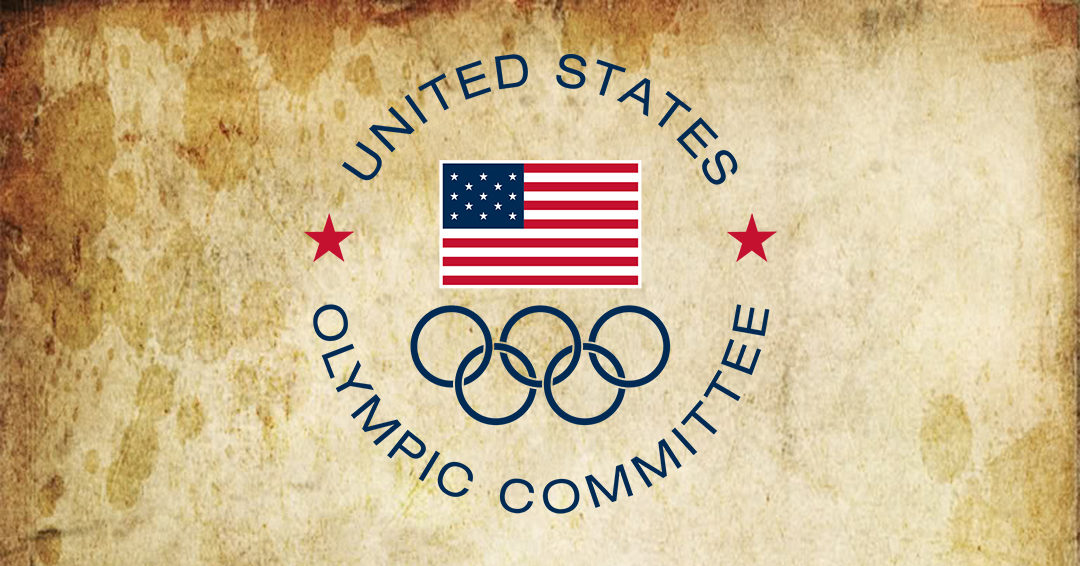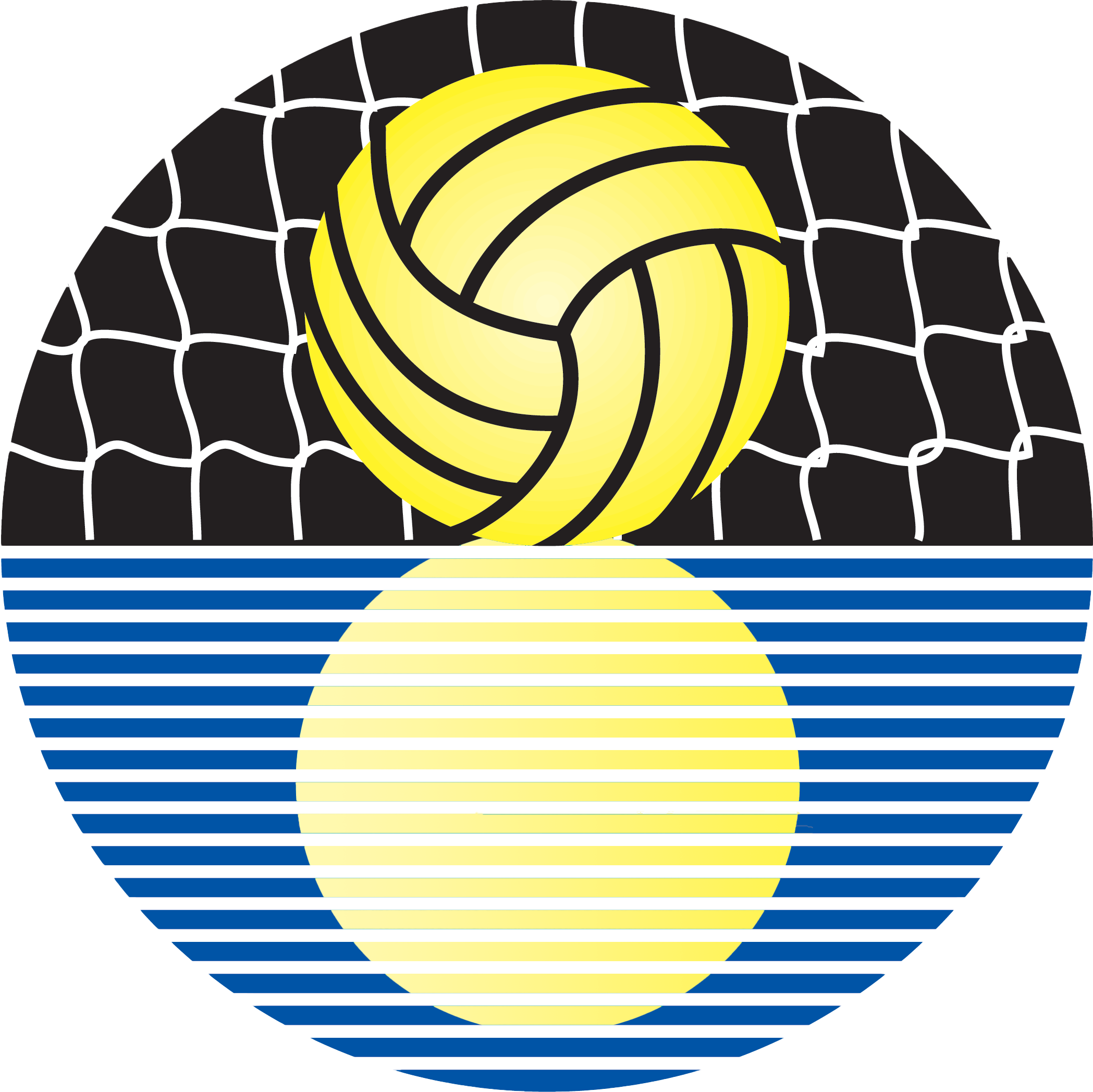COLORADO SPRINGS, Colo. — In many ways, the intercollegiate athletics system in the United States is the envy of the world. Collegiate athletes have the opportunity to pursue their academic and athletic dreams at institutions of their choosing during a prime development stage of their lives. And as a result, they become outstanding leaders both on and off the field of play.
Many of these athletes also compete in the Olympic Games, representing Team USA on the largest stage in sport. Ensuring opportunities, providing support and maintaining the connection between collegiate sport programs and the United States Olympic Committee is a shared, and incredibly important, goal.
In an effort to formalize relationships among the United States Olympic Committee (USOC), National Governing Bodies and intercollegiate athletics leaders, in June 2016 the USOC established its collegiate partnerships department to strengthen its ties to the collegiate space.
As one of its first initiatives, the department focused on understanding the collegiate footprint of the 2016 U.S. Olympic Team. It was research that had never before been conducted, and in collaboration with the National Collegiate Athletic Association (NCAA), the results found that 80 percent of the 2016 U.S. Olympic Team that competed in Rio de Janeiro – and 85 percent of U.S. medalists– competed collegiately in the U.S. system. Additionally, at the Olympic Winter Games PyeongChang 2018, one-third of Team USA athletes and 50 percent of U.S. medalists competed collegiately.
Furthermore, student-athlete representation isn’t just limited to Team USA. In fact, there were 620 international NCAA student-athletes who represented 111 countries at the Rio Games in 2016.
Additionally, from the collegiate perspective, NCAA Division I institutions spend $5.6 billion annually to support Olympic sport programs. So, in an effort to honor the important role NCAA institutions play in Olympic development and align its strategic priorities within those of the intercollegiate athletics landscape, the USOC also formed the Collegiate Advisory Council in October 2017.
USOC Collegiate Advisory Council
The USOC’s Collegiate Advisory Council is a group of collegiate leaders who are charged with addressing the unique needs of national team student-athletes. The 10-member council is comprised of individuals who are passionate about Olympic sport programming, and who lead institutions that provide broad-based Olympic sport offerings and have historically contributed to Team USA’s high-performance outcomes.
The council established two priorities: 1) protect and improve the elite development pathway for Olympic sport student-athletes; and 2) bolster the narrative around the value of Olympic sports on campus.
After just one year, the council is making tremendous strides on both projects.
Pathway Project
The Collegiate Advisory Council initiated its “Pathway Project” to explore creative, long-term solutions to support opportunities for elite student-athletes and sustain broad-based Olympic sport programming on campus.
In kicking off the project in the summer of 2018, the USOC’s CAC and collegiate partnerships department held interviews with 23 NCAA-centric National Governing Bodies, conducted an elite swimming pathway case study with USA Swimming, and solicited feedback from more than 300 U.S. Olympians, Paralympians and national team coaches. This research provided invaluable insight regarding the advantages afforded and the impediments faced by national team athletes who compete simultaneously in the collegiate and international athletics systems.
Moreover, the research affirmed the significant contributions of both systems to supporting elite athlete development. The collegiate system provides substantial resources for facilities, training and coaching expertise, medical services and strong competition. Meanwhile, the USOC and NGBs aid elite student-athletes by providing access to sport-specific experts in science and medicine, cutting-edge technology to aid in training and recovery and stipends to offset living expenses.
While many needs are being met, the research also exposed a variety of obstacles the CAC believes can be alleviated through collaborative reforms.
“More flexibility in the collegiate system can enormously help student-athletes as they strive for success on the international stage,” said Bob Bowlsby, Big 12 Conference commissioner and former USOC board member, who is spearheading the Pathway Project. “We must acknowledge the unique needs and environments surrounding our elite student-athletes and customize our approaches to support them.”
As a result of the research findings, the USOC CAC identified four priorities in need of reform:
- Elite development needs: National team student-athletes require more personal and athletic resources to be the best in the world, but these needs are not fully met given the current NCAA equivalency scholarship structure and legislative limitations. Creative measures are needed to support these student-athletes without placing additional financial burdens on institutions.
- Flexible training and competition: National team student-athletes often face constraining and/or conflicting training and competition schedules. More flexibility and collaboration among collegiate and national team administrators will help athletes participate in both the collegiate and international systems.
- Transition support: National team athletes struggle to navigate the post-college sport environment, noting difficulties with agents and resource management. Athletes could benefit from increased education and assistance to help navigate the transition.
- Inclusion: Paralympians currently do not have the same legislative exemptions that are afforded to Olympians in NCAA regulations. Policy modifications are needed to ensure Paralympians are recognized and included within NCAA legislation.
While the Pathway Project is still in its early stages, CAC members and the USOC are working collaboratively to promote positive change ahead of the Olympic and Paralympic Games Tokyo 2020.
Messaging Project
In an effort to enhance the national narrative around the value of Olympic sport programming on campus, the Collegiate Advisory Council is launching an educational campaign for the 2019-2020 school year.
In this first-of-its-kind campaign, schools, conferences, the NCAA, National Governing Bodies and the USOC will seek to leverage one another’s brands to demonstrate the solidarity between the collegiate and Olympic and Paralympic movements.
The campaign themes – Olympians Made Here and Paralympians Made Here – educate collegiate and Olympic communities on the important role colleges and universities play in preparing athletes for competing on the world’s largest stage.
“We want every college campus to rally around the value of Olympic and adaptive sport opportunities in higher education,” said Sandy Barbour, athletic director at Penn State University, who leads the CAC’s campaign. “We have so much to celebrate and believe that engaging our communities will not only strengthen our programs, but empower our current student-athletes and alums to reach their Olympic and Paralympic dreams.”
Schools and conferences can opt into the campaign this spring if they have historically had a U.S. or international Olympian or Paralympian competing on campus, or if they have an active national team student-athlete or coach on campus.
Once participants opt in, they will receive access to the digital toolkit, which features campaign templates, logos, imagery and more. While schools and conferences are encouraged to activate both socially and in-venue throughout the school year, the USOC and NGBs will amplify the campaign in the lead-up to and throughout the U.S. Olympic Team Trials and Olympic and Paralympic Games Tokyo 2020.
The campaign will contain four phases:
- Launch: a collective campaign launch will kick off this summer (2019)
- Honor Olympic/Paralympic history: campaign participants will celebrate their historic U.S. and international Olympic and Paralympic footprints through social media and in-venue recognition events
- Cover national team athletes: campaign participants will cover their national team student-athletes throughout their international and collegiate seasons
- Celebrate 2020 Team USA performances: campaign participants will celebrate their student-athlete performances in the lead-up to and throughout the Tokyo 2020 Games
Release courtesy United States Olympic Committee




